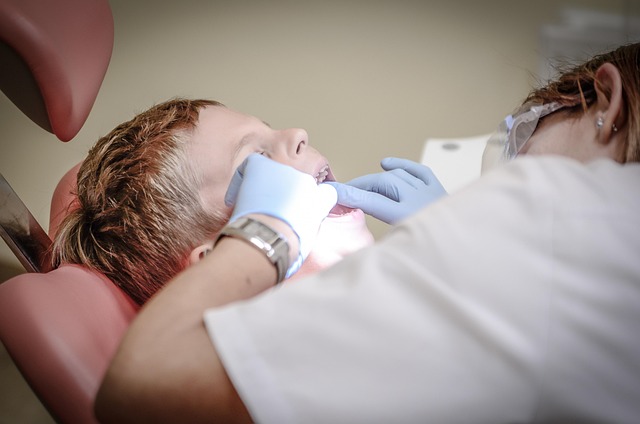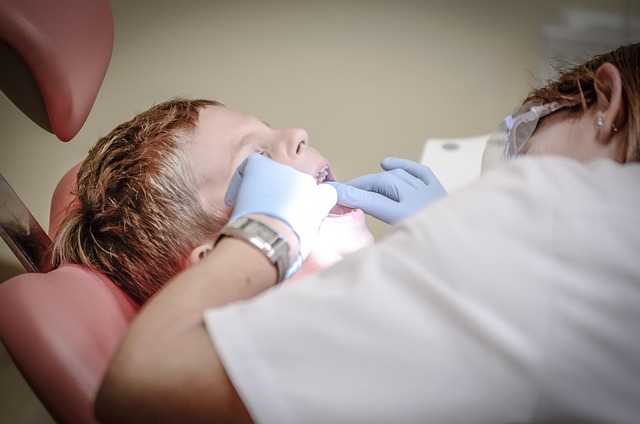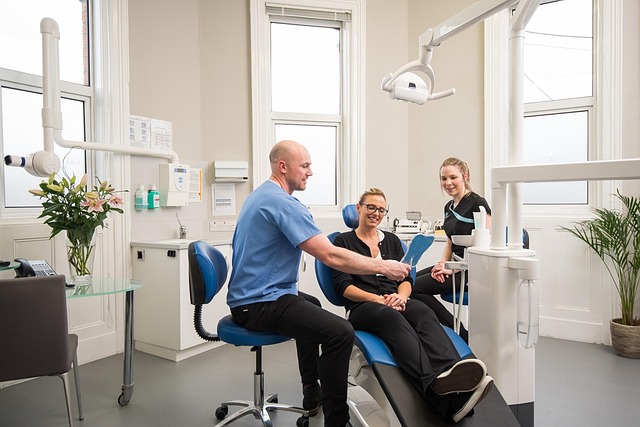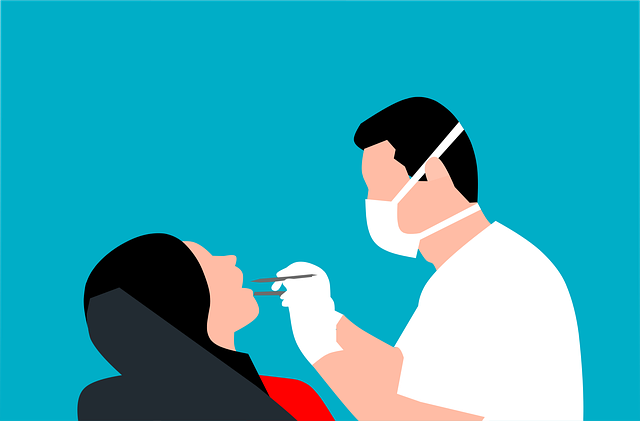Dental professionals face liability claims from diagnostic errors, treatment mishaps, equipment failures, and poor patient communication. Proactive risk management through staying updated on industry standards, evidence-based practices, detailed records, and clear consent can minimize legal exposure. Dental professional liability insurance offers financial protection against lawsuits. Comprehensive patient record-keeping and informed consent forms serve as robust defenses. Implementing evidence-based protocols demonstrates due diligence and reduces errors. Regular policy reviews align with industry standards, emerging trends, and mitigate dental professional liability risks.
Protecting your dental practice from legal claims is paramount for ensuring its longevity and your peace of mind. Dental professionals face unique risks, from negligence allegations to malpractice suits. This article equips you with essential strategies to mitigate these risks, including understanding dental professional liability, implementing robust insurance coverage, establishing clear consent processes, maintaining meticulous records, adhering to evidence-based protocols, and regularly reviewing policies.
- Understand Dental Professional Liability Risks
- Implement Comprehensive Insurance Coverage
- Establish Clear Consent and Communication
- Maintain Detailed Patient Records
- Follow Evidence-Based Protocols
- Regularly Review and Update Policies
Understand Dental Professional Liability Risks

Dental professionals, like any healthcare provider, face unique risks associated with their work. Dental professional liability refers to the potential legal exposure dentists and dental practices may encounter due to negligence or malpractice claims. These claims can arise from various situations, such as incorrect diagnoses, treatment errors, equipment malfunctions, or even inadequate communication with patients. Understanding these risks is the first step in safeguarding your practice.
By recognizing common areas of liability, dental professionals can implement proactive measures to minimize potential harms and ensure patient safety. Regular training on evidence-based practices, staying updated with industry standards, and maintaining meticulous records can all contribute to reducing the chances of legal disputes. Proactive risk management strategies are essential tools for any dental practice aiming to protect itself from dental professional liability claims.
Implement Comprehensive Insurance Coverage

One of the most effective strategies for dental professionals to protect themselves from legal claims is to implement comprehensive insurance coverage. This includes dental professional liability insurance, which specifically covers damages arising from negligent treatment or care provided by the dentist or their staff. By securing this type of insurance, dental practices can safeguard against potential financial losses and legal fees associated with lawsuits or claims.
Comprehensive insurance coverage goes beyond general liability and ensures that dental professionals are protected in various scenarios, including accidents, errors, or omissions that may lead to patient injuries or dissatisfaction. It provides peace of mind by offering financial protection when facing a claim, allowing dental practices to focus on delivering quality care rather than worrying about potential legal repercussions.
Establish Clear Consent and Communication

Establishing clear consent and effective communication is a cornerstone in protecting your dental practice from legal claims related to professional liability. As a dental professional, ensuring informed consent means clearly explaining procedures, potential risks, benefits, and alternatives to patients before treating them. This process not only educates patients but also creates a record of their understanding, which can be invaluable in the event of any future disputes.
Effective communication involves using simple, easy-to-understand language, answering all patient queries thoroughly, and ensuring they grasp the implications of their decisions. It’s crucial to document these conversations meticulously, as written consent forms and detailed records of discussions can serve as powerful defenses against allegations of negligence or malpractice. Such practices foster transparency and build trust between you and your patients, reducing the likelihood of legal claims stemming from miscommunication or misunderstandings.
Maintain Detailed Patient Records

Maintaining comprehensive and accurately documented patient records is an essential step in protecting your dental practice from legal claims. As a dental professional, ensuring that every visit, treatment, and interaction with patients is meticulously recorded can serve as robust evidence in case of any disputes or allegations. Detailed records include not just the medical history but also notes on examinations, diagnoses, procedures performed, and patient consent for such treatments.
These precise documents help establish your due diligence and informed consent process, which are critical defenses against dental professional liability claims. They provide a clear audit trail, allowing you to demonstrate that your practice adheres to industry standards and best practices, thus reducing the risk of costly lawsuits and settlements.
Follow Evidence-Based Protocols

Implementing evidence-based protocols is an effective strategy for dental professionals to safeguard against legal claims and mitigate potential risks. By adhering to established guidelines and best practices, dentists can ensure their decisions and actions are justified and aligned with current standards of care. This proactive approach demonstrates a commitment to patient safety and can serve as strong defense in the event of any legal dispute related to dental professional liability.
Regularly updating protocols to incorporate new research and technological advancements is crucial. Dental professionals should stay informed about the latest evidence-based practices, as these can help prevent errors and improve treatment outcomes. Keeping abreast of industry developments allows dentists to adapt their procedures, ensuring they remain in compliance with legal expectations and maintain the highest standards of care.
Regularly Review and Update Policies

Regular policy reviews are an essential aspect of protecting your dental practice from legal claims. As a dental professional, it’s crucial to stay proactive and ensure that your policies are up-to-date with the latest industry standards and regulations. This includes reviewing protocols for patient consent, data privacy, and infection control. By doing so, you demonstrate a commitment to upholding the highest safety and ethical standards, which can significantly mitigate risks of legal disputes related to dental professional liability.
Updating your policies regularly also allows you to address emerging trends and issues in the dental industry. For example, incorporating new guidelines for vaccine administration or adapting data protection measures to align with evolving privacy laws can help protect both your practice and patients from potential legal exposure. Such proactive steps not only safeguard your dental practice but also foster trust among your patient community.
